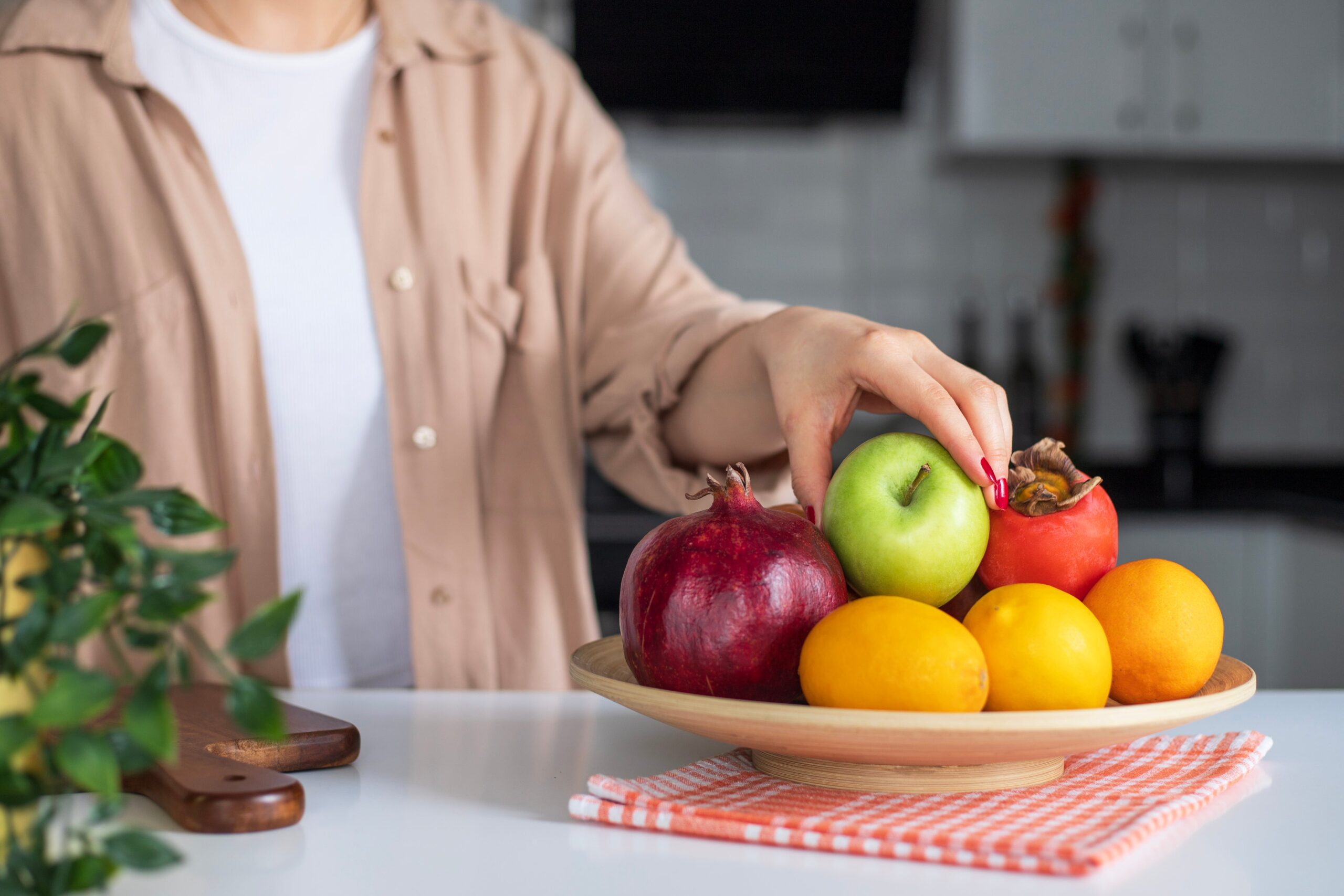A tropical fruit contains a molecule that could help fight liver cancer – and scientists have discovered how to make it.
The leaves and the bark of a guava fruit plant contain anti-inflammatory, antibacterial and even anti-cancer properties.
That’s according to research by William Chain, associate professor in the University of Delaware’s department of Chemistry and Biochemistry, and his lab, who found a molecule in the tropical fruit that could help fight liver-related cancers.
The research published in the journal Angewandte Chemie revealed a way of developing a synthetic form of the guava molecule that is known to fight these deadly cancers.
Using a process called natural product total synthesis, scientists have invented a pathway that uses widely available chemicals to replicate the molecules found in the plant.

There are around 6,600 new liver cancer cases in the UK every year – that’s 18 every day. By 2040 there could be around 9,700 new cases of liver cancer, according to Cancer Research UK.
But just 8 per cent of people with liver cancer survive for 10 years or more following diagnosis.
Jaundice, itchy skin, loss of appetite, fatigue, flu-like symptoms and a lump on the right side of the tummy are tell-tale signs of liver cancer, according to the NHS.
Currently liver cancer is treated using a combination of surgery, chemotherapy and heat to destroy the cancer – known as thermal ablation, targeted medicines and radiotherapy. But this depends on the size and type of liver cancer.
However, the synthetic molecule could open doors for more effective and cheaper treatments.
“The majority of clinically approved medicines are either made from a natural product or are based on one,” Professor Chain told Science Daily.
“But there aren’t enough natural resources to make enough treatments. Now chemists will be able to take our manuscripts and basically follow our ‘recipe’ and they can make it themselves,” he added.
Study authors say they are the first chemists to pave the way to create the method.
“We entered into that unknown territory, I think we helped shed light on this unknown pathway that can get us there. And I think that’s the cool part,” said Liam O’Grady, doctoral student in Chain’s lab and the article’s first author.
The team is working with the National Cancer Institute on the next steps for the process and whether the guava molecule may be effective in fighting other types of cancers.
